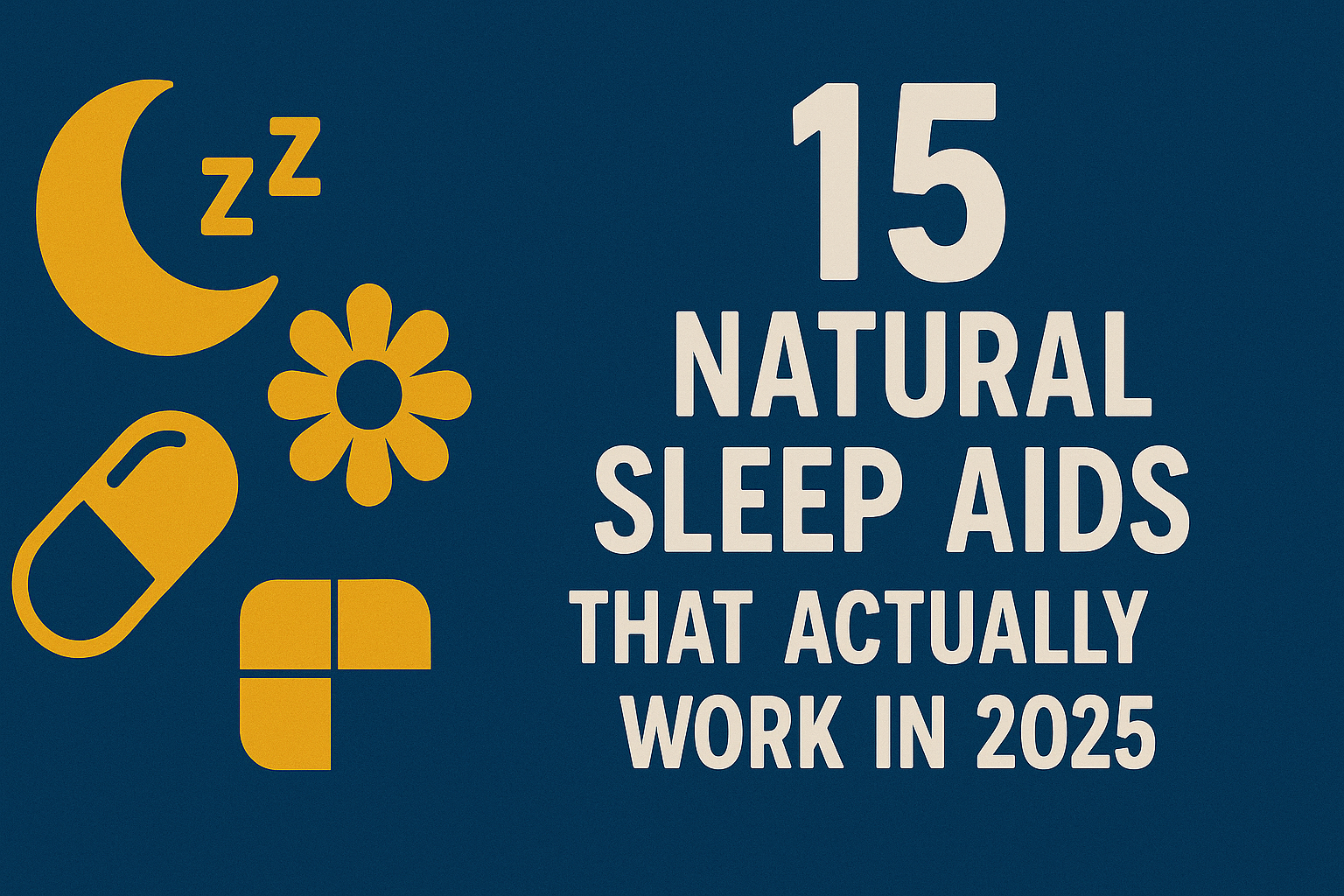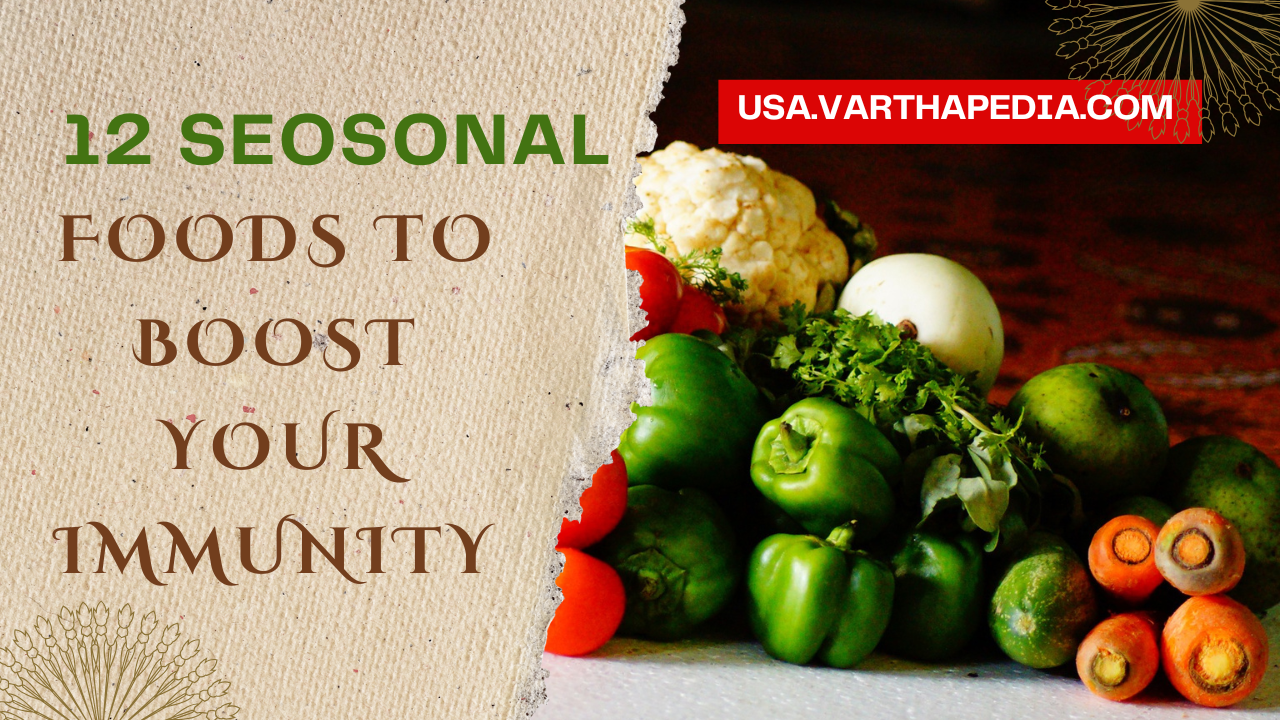After testing dozens of solutions and digging into scientific research, I’m excited to share 15 Best natural sleep aids that can help you overcome insomnia and enjoy restful nights.

Why Natural Sleep Aids?
Traditional sleep medications often come with unwanted side effects and the risk of dependency. That’s why many people, including myself, seek insomnia solutions rooted in natural ingredients and lifestyle changes. These remedies not only support sleep hygiene but also promote long-term wellness without harmful chemicals.
15 Best Natural Sleep Aid Remedies for Better Sleep Naturally
1 | Melatonin Supplements
Melatonin is a hormone your body produces to regulate the sleep-wake cycle. Supplementing melatonin has helped me and countless others adjust to jet lag and combat occasional insomnia. According to a study by the National Sleep Foundation, melatonin supplements can reduce the time it takes to fall asleep without significant side effects.
2 | Valerian Root
Valerian root has been used for centuries as a natural sedative. Its calming effects helped me relax before bedtime during stressful periods. Research from Mayo Clinic indicates valerian may improve sleep quality, though responses can vary.
3 | Lavender Essential Oil
Simply diffusing lavender oil in the bedroom can create a soothing atmosphere. Personal experience and studies suggest its aroma promotes relaxation and reduces anxiety, contributing to better sleep.
4 | Magnesium
Magnesium plays a key role in muscle relaxation and calming the nervous system. Taking magnesium supplements or consuming magnesium-rich foods like spinach and pumpkin seeds has improved my sleep depth. The National Institutes of Health (NIH) confirm magnesium’s benefits in sleep regulation.
5 | Chamomile Tea
This herbal tea is a staple in my night routine for its mild sedative effect. Chamomile contains apigenin which binds to receptors in the brain to induce sleepiness, backed by clinical trials.
6 | Passionflower
Passionflower tea or extracts can relieve anxiety and improve sleep quality. I’ve found it particularly useful when my insomnia is tied to racing thoughts. A study published in the Journal of Clinical Pharmacy and Therapeutics supports its anxiolytic and sleep-promoting properties.
7 | Glycine
This amino acid lowers body temperature, signaling it’s time for sleep. Taking glycine supplements helped me fall asleep faster and wake up refreshed. Learn more on NIH’s official page.
8 | Tart Cherry Juice
Rich in natural melatonin, tart cherry juice is a delicious way to support sleep. Studies show improved sleep duration and quality in adults consuming tart cherry juice regularly.
9 | CBD Oil
Cannabidiol (CBD) has gained popularity for reducing anxiety and promoting relaxation. While I’ve noticed subjective benefits, it’s important to note that research is ongoing. The National Center for Complementary and Integrative Health advises cautious use pending more conclusive studies.
10 | Exercise
Regular physical activity naturally enhances sleep drive. After incorporating daily walking and yoga, my sleep latency decreased notably. The CDC recommends at least 150 minutes of moderate exercise weekly for overall health and better sleep.
11 | Sleep Hygiene Practices
Limiting screen time before bed, maintaining consistent sleep schedules, and creating a comfortable sleep environment have been game changers. These behavioral remedies are endorsed by sleep experts at sleepfoundation.org
12 | Acupuncture
I tried acupuncture during a stressful spell, and it noticeably calmed my nervous system, improving sleep quality. Some research supports acupuncture’s role in treating insomnia, but it’s best approached as a complementary therapy.
13 | Magnesium-Rich Baths
Epsom salt baths are relaxing and may improve magnesium levels through skin absorption, aiding muscle relaxation. I use this method regularly as a pre-sleep ritual.
14 | Mindfulness Meditation
Meditation reduces stress and quiets the mind, making it easier to fall asleep. Apps like Headspace or Calm can guide beginners through simple routines.
15 | Avoiding Caffeine and Alcohol Late in the Day
Cutting out stimulants and depressants hours before bedtime can minimize disruptions in your natural sleep cycle. This change alone has improved my sleep efficiency dramatically.
Why These Sleep Remedies Help with Insomnia Solutions
All the above remedies target common causes of insomnia—stress, nervous system hyperactivity, or hormonal imbalances. Choosing natural options reduces the risk of dependence and side effects, aligning with holistic wellness principles.
Final Thoughts: Better Sleep Naturally is Within Reach
In my journey overcoming insomnia, the key takeaway is that **sleep remedies** aren’t one-size-fits-all. Experimentation based on informed choices and attention to your body’s responses is crucial. By integrating these 15 natural sleep aids and maintaining healthy habits, you can transform your nights and wake up feeling rejuvenated.
Disclaimer: I have tried many products personally, some provided for free, but all opinions here are honest and based on experience and research.
Frequently Asked Questions
1. Are natural sleep aids as effective as prescription medications?
Natural sleep aids can be highly effective for mild to moderate insomnia and improving overall sleep quality but may not replace prescription options for severe cases. They also support long-term habits for better sleep naturally.
2. Can I combine multiple natural sleep remedies safely?
Generally, yes, but it’s wise to consult a healthcare provider before combining supplements, especially if you’re on medication or have health conditions.
3. How long does it take to see improvements with natural sleep aids?
Some remedies, like melatonin or chamomile tea, can work immediately, while lifestyle changes and supplements may take several days to weeks.
4. Are there side effects to natural sleep remedies?
Most natural aids have minimal side effects, but individual reactions vary. For example, valerian may cause dizziness or digestive upset in some.
5. Is it worth investing in natural sleep aids?
Absolutely—to improve your sleep quality without risking dependency. However, it’s important to combine them with good sleep hygiene practices.
Sources & Further Reading:
- [National Sleep Foundation – Melatonin Facts](https://www.sleepfoundation.org/)
- [Mayo Clinic – Valerian Root](https://www.mayoclinic.org/)
- [National Institutes of Health – Magnesium](https://ods.od.nih.gov/factsheets/Magnesium-Consumer/)
- [Sleep Hygiene Guidelines – sleepfoundation.org](https://www.sleepfoundation.org/sleep-hygiene)
- [CDC – Physical Activity and Sleep](https://www.cdc.gov/physicalactivity/basics/pa-health/index.htm)
Try implementing a few natural sleep aids today and share your experiences with us below!

